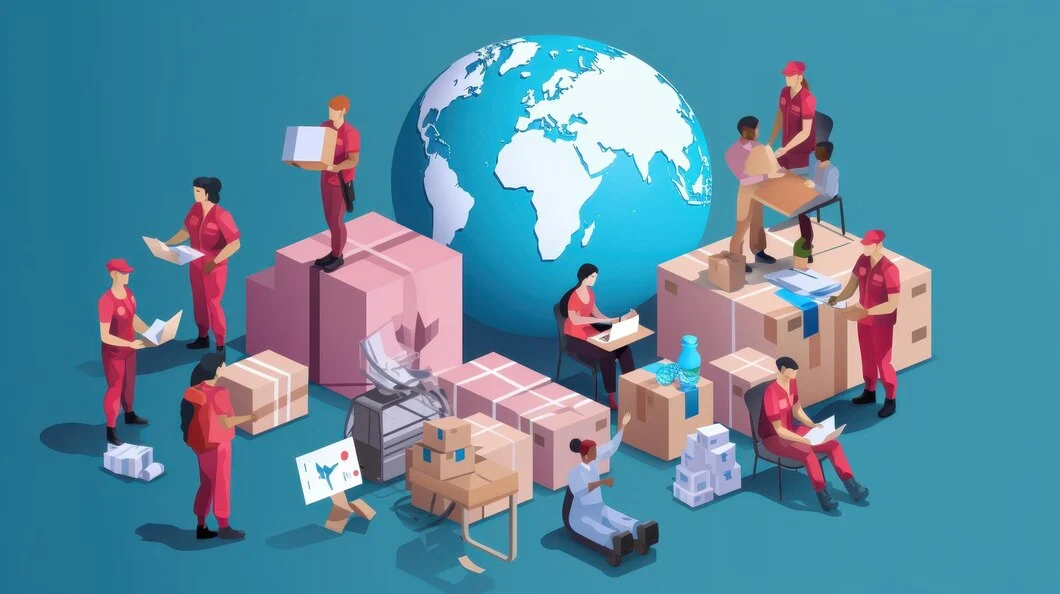Ever wondered how products travel across the globe before reaching you? Global trade often involves complex supply chains with many players in different countries. Routed transactions occur when goods make stops along the way to their final destination, creating unique challenges for compliance, logistics, and financial management.
Many industries, such as electronics, automotive, and consumer goods, utilize routed transactions. At various stages, parts or finished products may need to be assembled, inspected, or distributed. These transactions typically involve manufacturers, suppliers, shipping companies, and customers, each with specific responsibilities.
What is an Exporter of Record in a routed transaction?
In a routed transaction, the Exporter of Record (EOR) plays a crucial role in ensuring that exports comply with regulations and that goods move smoothly across borders. The role of the exporter of record includes obtaining the necessary export permits, preparing and submitting required documentation, and assuming legal responsibility for the export.
The EOR can be the original manufacturer or supplier, an intermediary party managing the goods, or a specialized company focused on export compliance. Depending on the specific agreements among all parties involved, different entities may serve as a routed exporter in the supply chain.
Even though the buyer arranges and pays for shipping in a routed transaction, the EOR still has a vital role in ensuring that the export process meets legal standards. Understanding the role of EOR in routed transactions helps facilitate smooth international trade operations and compliance, ultimately benefiting all participants in the supply chain.
By clarifying the Exporter of Records (EOR) in Routed Transactions, businesses can navigate the complexities of international trade with greater confidence and efficiency.
Read more about the difference between shipper and exporter of record. and Fill out the Form Below for further inquiries.
Talk To Our Expert Team


Recent Comments